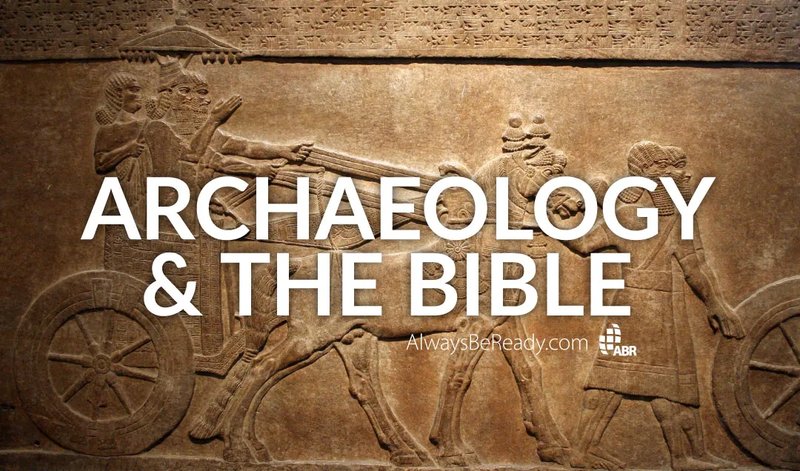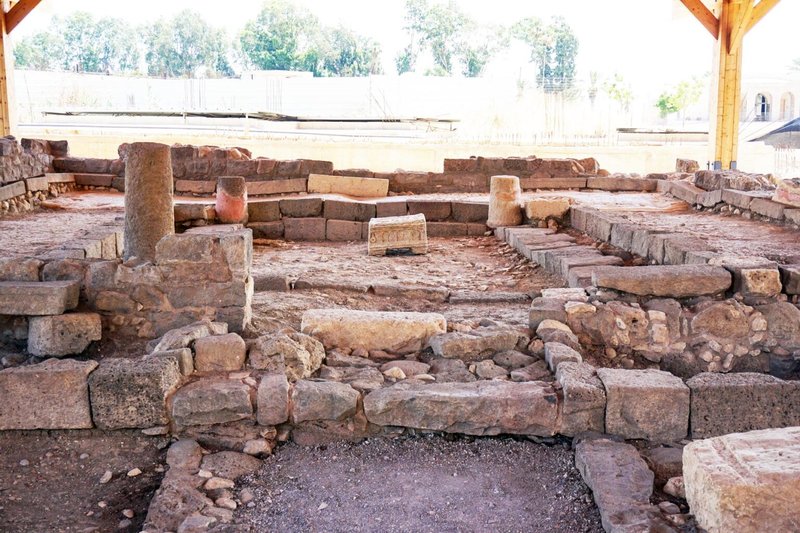· Apologetics > Apologetics Basics > History · 4 min read
Biblical Insights on Nostradamus Prophecies for Christians
Explore the enigmatic predictions of Nostradamus, a renowned prophet whose prophecies continue to captivate and intrigue generations. Delve into his cryptic verses and uncover the mysteries behind his foresight.

Nostradamus: A Closer Look at his Prophecies
Nostradamus, a French pharmacist born in 1503, is often credited with making prophetic writings that supposedly predicted significant modern events. Some claim that he accurately foretold everything from Hitler’s rise in Germany to the 9/11 attacks in the United States. However, it is crucial to examine what it means to speak or write prophecy before accepting these claims.
Prophecy can be divided into two categories. The first involves speaking forth the Word of God, the Bible, into the lives of people for their edification, exhortation, and comfort (1 Corinthians 14:3). This type of prophecy involves sharing applicable Scripture verses to draw individuals closer to Jesus, encourage proper behavior, or provide assurance of the Lord’s faithfulness and help in any situation.
The second category of prophecy is foretelling future events before they happen with specificity and 100 percent accuracy. According to Deuteronomy 18:22, if a prophet’s proclaimed event does not take place or come true, it is not a true prophecy. Additionally, Deuteronomy 13:1-3 states that even if a prophet’s words come true but do not lead others to worship the one true God, that prophet is still considered false.
Nostradamus does not fit into the first category of prophecy since he did not speak forth the Word of God. As for the second category, there are doubts about whether his prophecies were specific and detailed enough to be considered undeniably true. In contrast, the Bible contains numerous detailed prophecies about Jesus’ first advent that were fulfilled with precision.
One example is found in Psalm 22:16, which prophetically states that “they have pierced my hands and my feet.” This was written at a time when crucifixion was not a method of execution in Israel, yet it accurately describes how Jesus died. The Bible contains hundreds of such detailed prophecies about Jesus’ first advent, all of which were fulfilled.
Nostradamus’ prophecies, on the other hand, lack this level of detail. One example often cited is a supposed prophecy about the 9/11 attacks: “In the year of the new century and nine months, From the sky will come a great King of Terror. The sky will burn at forty-five degrees. Fire approaches the great new city.” However, there are numerous problems with this interpretation.
Firstly, these statements had to be compiled from different writings by Nostradamus to create this four-statement section. Secondly, it is unclear who the King of Terror coming from the sky is and how it relates to the airplanes that flew into the buildings. Thirdly, there is no clear correlation between the sky burning at forty-five degrees and the burning of buildings. Lastly, New York City cannot be described as a “new city” in 2001; it is one of the oldest cities in the country.
The extreme vagueness of Nostradamus’ predictions and the need for retroactive interpretation to fit them into modern events is a cause for skepticism. Furthermore, there is ongoing debate about whether Nostradamus himself wrote these prophecies or if they were written after his death.
As Christians, we should not place our trust in the writings of Nostradamus. Instead, we have a sure word of prophecy in the Bible (2 Peter 1:19), and the testimony of Jesus is the spirit of prophecy (Revelation 19:10). The prophecies in the Bible have never failed, and we should recognize them as our sure source of prophecy.
Why This Matters
Understanding the nature of prophecy and discerning true from false is crucial for Christians. It reminds us of the importance of holding fast to the Bible as our ultimate source of truth. By recognizing the trustworthiness of biblical prophecies, we can confidently rely on God’s Word and find comfort in His promises.
Think About It
- How does the Bible’s fulfillment of detailed prophecies about Jesus’ first advent strengthen your faith in God’s Word?
- Why do you think some people are drawn to Nostradamus and his alleged prophecies?
- How can understanding the nature of true prophecy help you discern between genuine biblical teachings and false claims?



